Holistic Learning
Curriculum and activities that emphasize knowledge, skills, and character.
Transforming Rural Dreams into National Strength
Browse and visit each institution’s site to learn more.
Engineering Your Career & Character with Care
Empowering Healthcare Education
Advancing clinical skills for a modern healthcare future
Quality teaching with holistic growth.
Nurturing character and empowering futures.
Tradition with modern excellence.
Nurturing minds for tomorrow.
Committed to quality education.
Preserving tradition through knowledge and discipline.
Trusted, value-based education with modern pedagogy, research-driven initiatives, and a vibrant campus life.
Curriculum and activities that emphasize knowledge, skills, and character.
Well-equipped labs, libraries, and learning spaces to enable excellence.
Encouraging inquiry and exploration through projects and mentorships.
Guided by values that inspire leadership, service, and integrity.
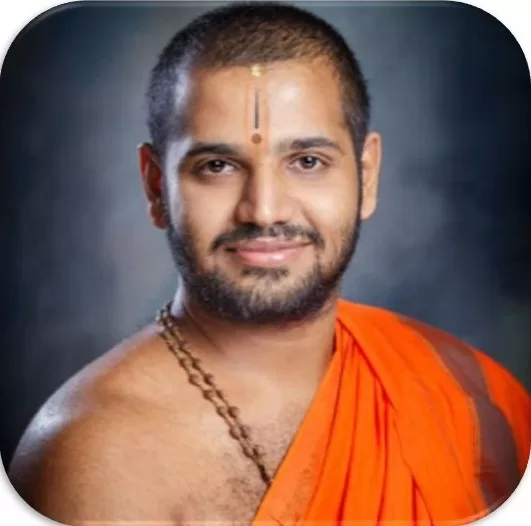
President
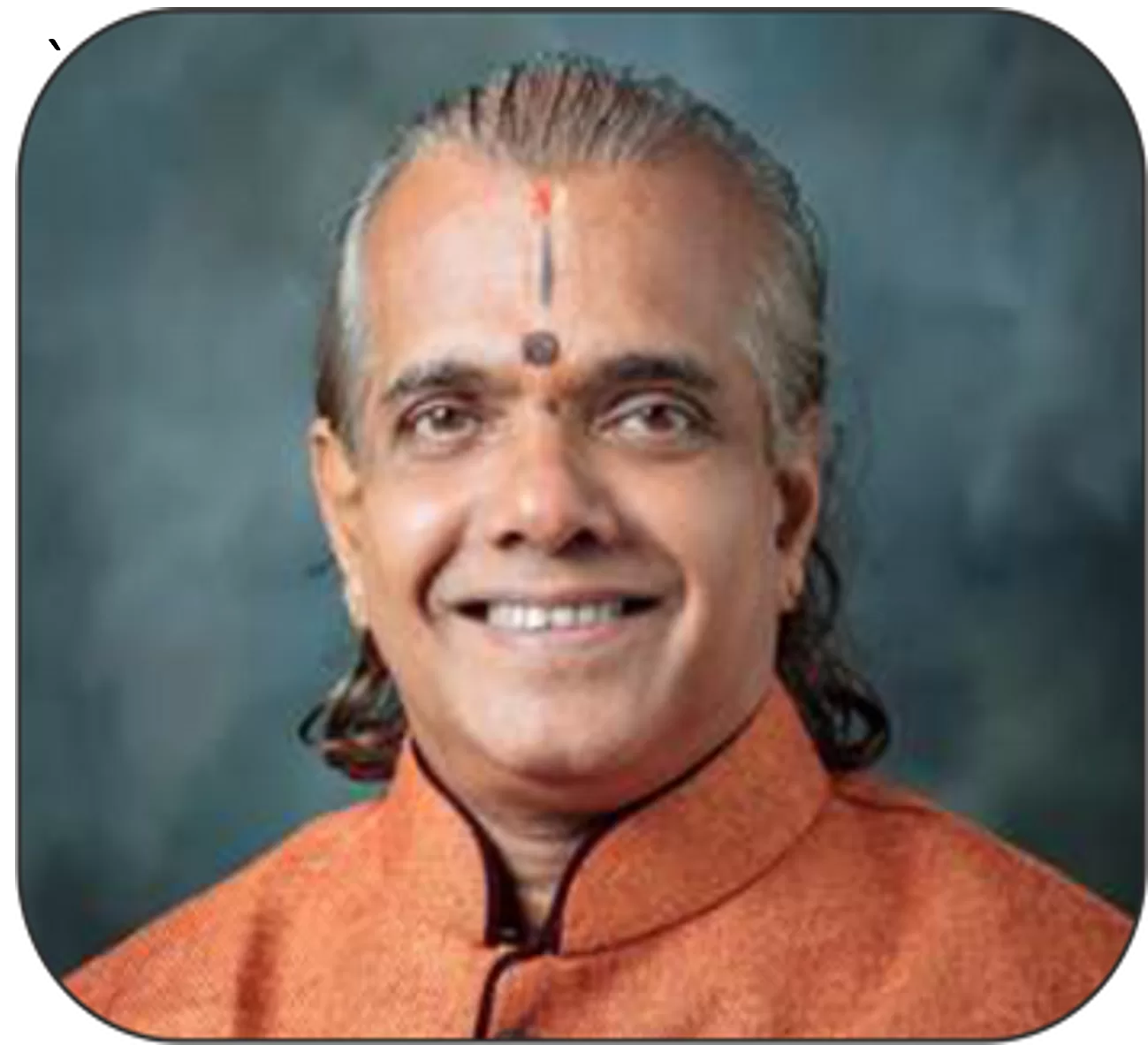
Vice-President
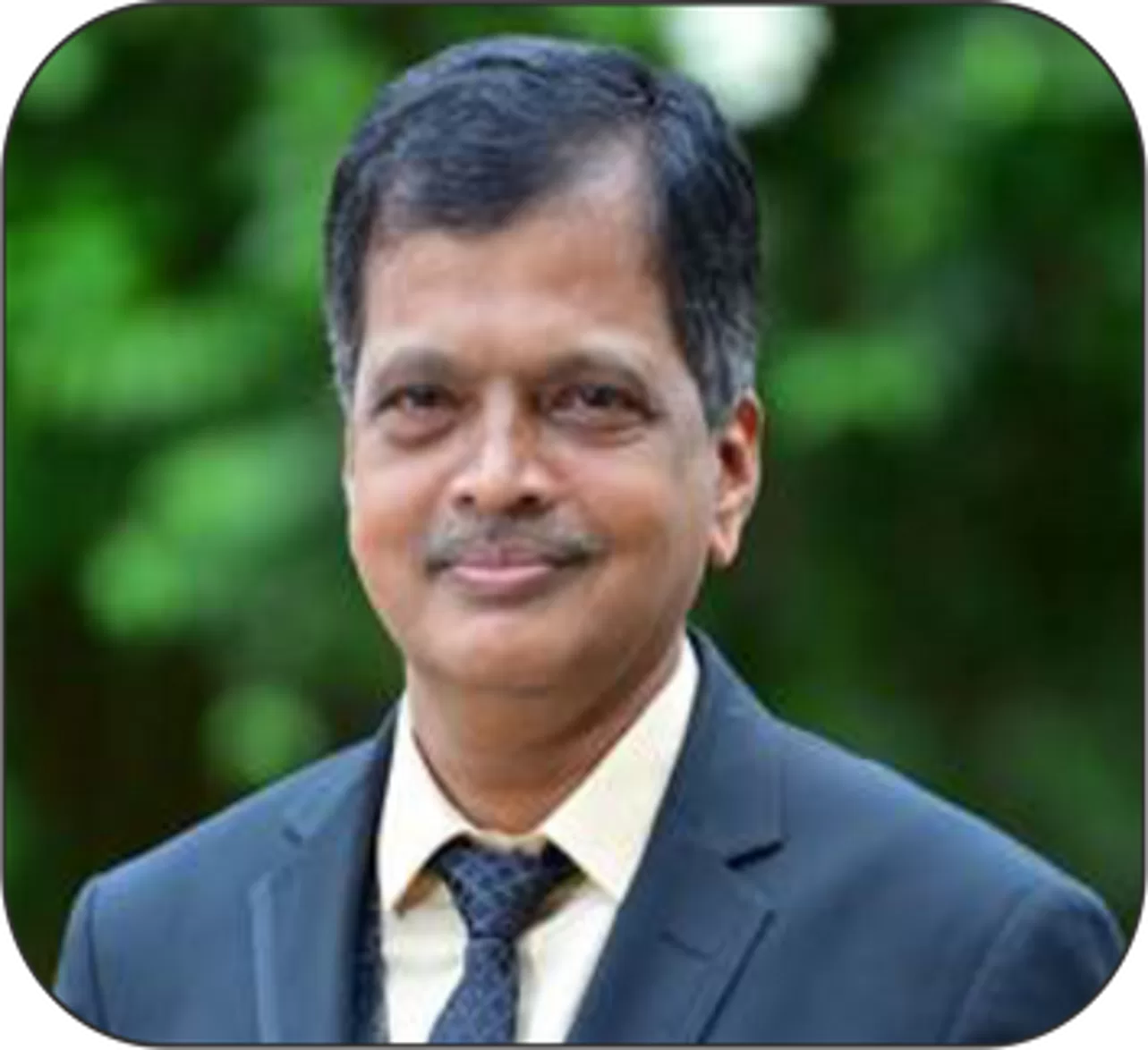
Secretary
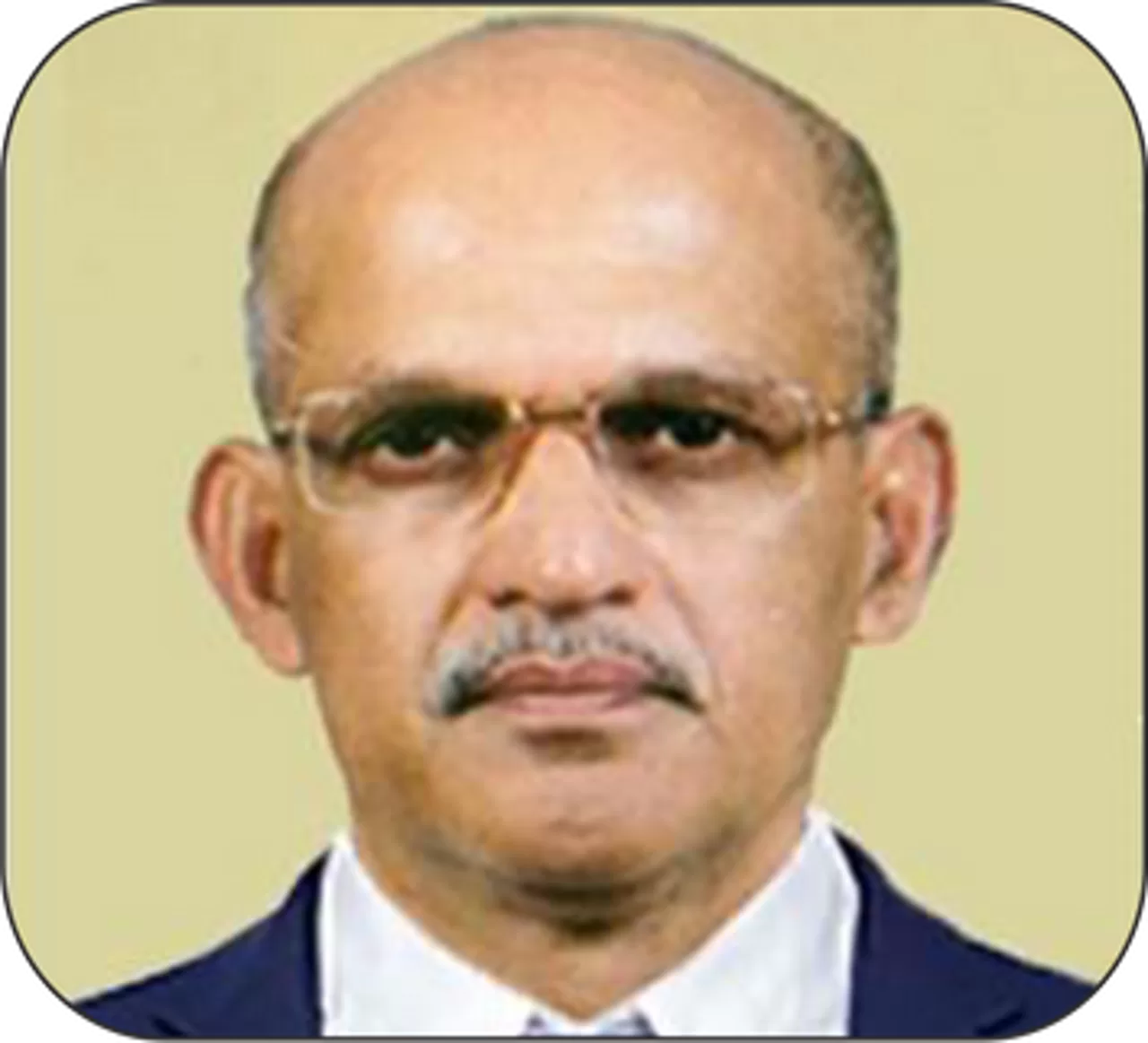
Member
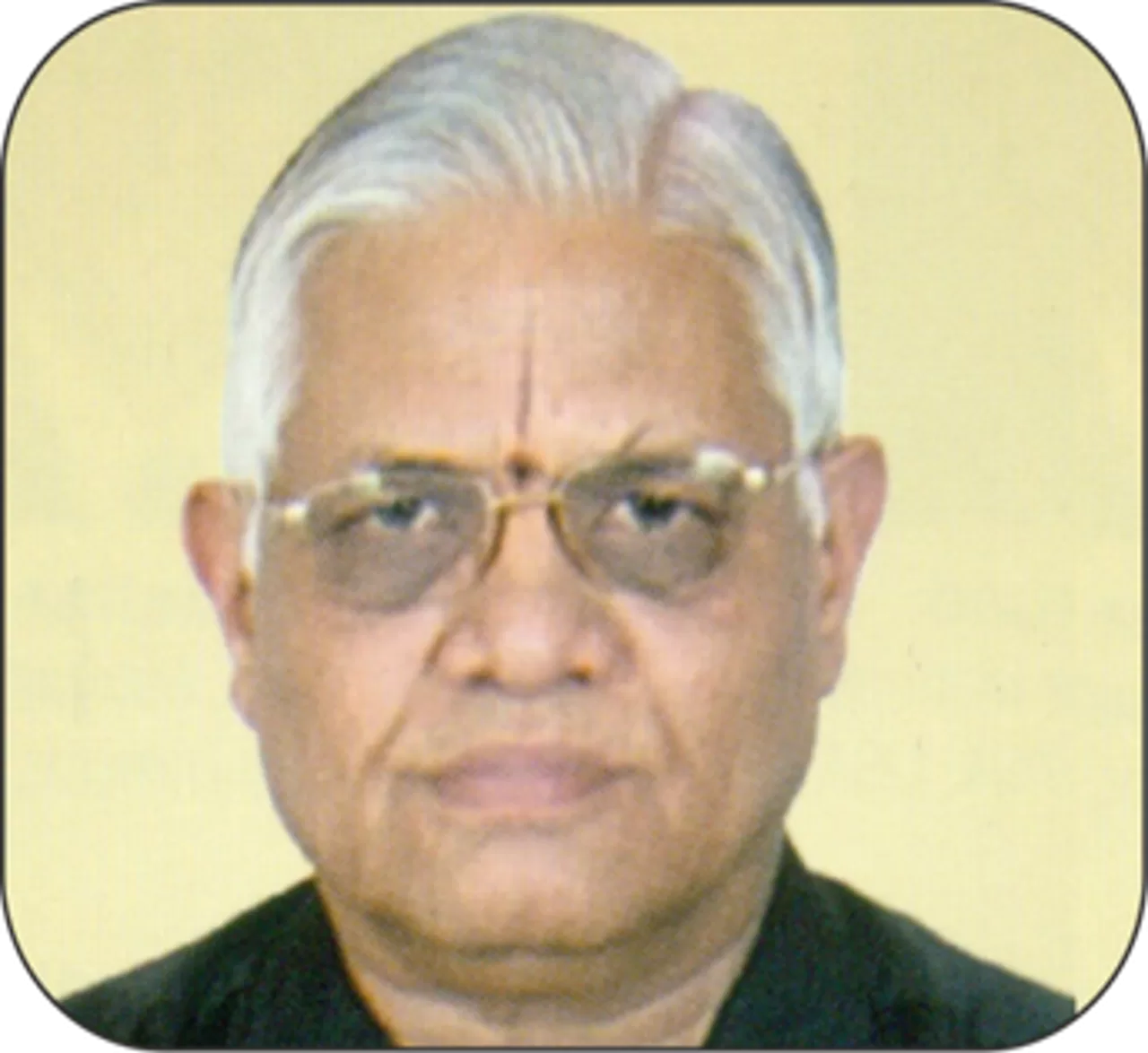
Member

Patron & President

Vice President

Secretary

Treasurer

Member

Member
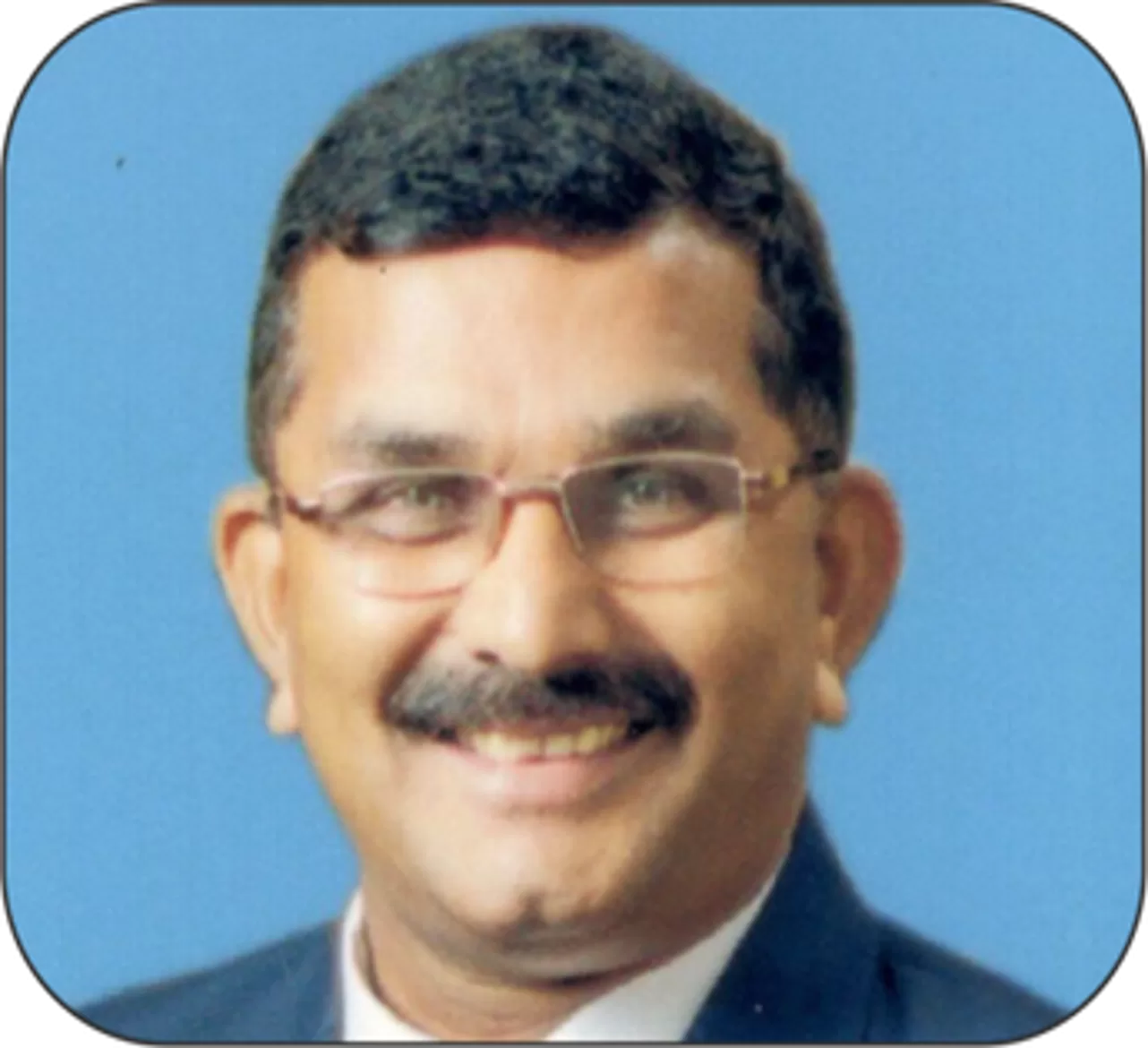
Member
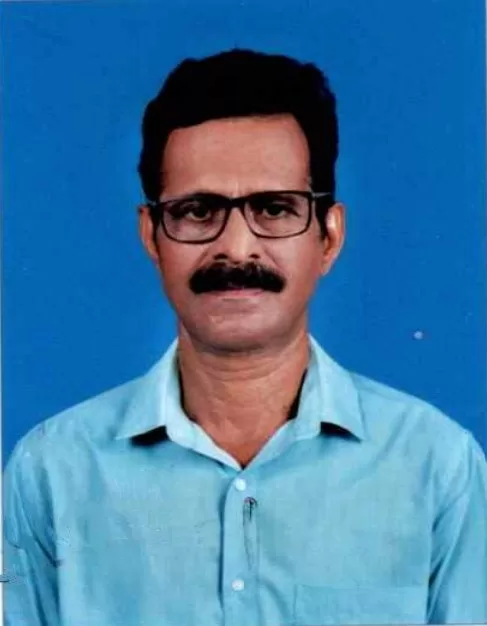
Member

Member

Member
Founded the first residential school at Innanje in 1943 to deliver quality education to rural and financially challenged students, laying the foundation for inclusive learning decades before independence.
Expanded the educational ecosystem by upgrading SVH to a PU College (1982) and founding the English Medium High School (2005), ensuring rural students received access to Science and modern education.
Founded the Shri Sode Vadiraja Mutt Education Trust (2009) and established SMVITM (2010), delivering affordable, high-quality technical and management education to uplift rural communities.
For centuries, Shri Sode Vadiraja Mutt has been a beacon of learning, nurturing minds through the traditional gurukula system. Students from across the region studied disciplines like Vedic literature, Madhwa philosophy, and astrology under the guidance of great scholars, all while receiving free food and accommodation. As time progressed, the visionary pontiffs of the Mutt dreamt of extending the light of education beyond the walls of philosophy to reach every child, irrespective of caste, creed, or community.
This dream took shape when His Holiness Vishwendra Theertha Swamiji, with remarkable foresight and courage during the pre-independence era, founded a residential school at Innanje near Udupi in 1943, a time when even obtaining permission from the British Government was a daunting task. Named Shri Vishnumoorthy Hayavadana Swami Higher Primary School, it became a haven of quality education for the rural and underprivileged. Spread across 14 acres of land, it stood apart as one of the very few co-educational residential schools in the region.
What truly made it extraordinary was its compassion, providing mid-day meals at minimal cost, and for the needy, absolutely free. It wasn’t just a school; it was a movement, a humble beginning that redefined what accessible, inclusive, and value-based education could be.
During the tenure of His Holiness Vishwottama Theertha Swamiji, the institution witnessed remarkable growth in multiple directions. In 1982, the school was upgraded to a Pre-University College offering Commerce and Arts courses, marking a new milestone in its journey. Understanding the importance of English-medium education for rural students to compete in a globalized world, His Holiness established the SVH English Medium High School at Innanje in 2005. The following year, the Science stream was also introduced in the SVH Pre-University College, expanding academic opportunities for students. Continuing this vision of inclusive education, the administration of Shri Sode Vadiraja Mutt took over SVS Primary School, another Kannada-medium institution in Innanje, in 2007.
His Holiness Vishwavallabha Theertha Swamiji has been instrumental in strengthening the educational and social mission of Shri Sode Vadiraja Mutt. With a vision to unify and elevate all institutions under the Mutt’s guidance, he established the Shri Sode Vadiraja Mutt Education Trust (SSVMET) in 2009. Under this Trust, several key institutions have been developed to serve the needs of rural and aspiring communities.
In 2010, the Trust founded the Shri Madhwa Vadiraja Institute of Technology and Management (SMVITM) at Bantakal, with the goal of providing high-quality, affordable engineering education while fostering research of global standards. SMVITM now hosts over 1700 students across programs in Artificial Intelligence & Machine Learning, Artificial Intelligence & Data Science, Computer Science, Electronics and Communication, Mechanical Engineering, and MBA. Though young, the institution’s infrastructure and academic environment rival those of well-established colleges in the region.
Staying true to its mission, SSVMET continues to support rural and economically weaker students by offering free education to meritorious learners and providing a wide range of scholarships through its own resources. Through its educational and societal initiatives, the Trust upholds the Mutt’s values of service, inclusivity, and excellence.
The foundations laid by our revered Swamijis continue to guide us toward holistic education, one that unites culture, character, and competence. Our institutions stand as living reflections of their ideals: nurturing intellect while preserving the essence of humanity.
Shri Sode Vadiraja Mutt, one of the highly esteemed Ashta Mutts of Udupi, has been a visionary force in the field of education since pre-independence India. Guided by its timeless principles of service, inclusivity, and knowledge, the Mutt’s spiritual leaders have always upheld the belief that quality, value-based education must be made accessible to all, transcending barriers of caste, creed, and community.
In a bold and progressive step for its time, His Holiness Shri Shri Vishwendra Theertha Swamiji established a residential school (Sanivasa Shale) in 1943 at Innanje, a serene village near Shankarpura, Udupi. Establishing such a residential educational facility in a rural area during the 1940s was nearly unheard of and reflected Swamiji’s extraordinary foresight and commitment to social upliftment through education.
This pioneering step laid the foundation for what would evolve into a strong educational ecosystem under the Shri Vishnumoorthy Hayavadana Swami Education Society, which later established both Kannada and English medium schools at Innanje, Udupi. Over the years, these institutions have provided holistic education rooted in cultural values while preparing students to meet modern challenges.
His successor, His Holiness Vishwottama Theertha Swamiji, carried forward this noble vision by upgrading the existing institutions and expanding their scope. In 1982, the Pre-University College was established with Commerce and Arts streams, later adding Science in 2006. To prepare rural students for a globalized world, Swamiji also founded the SVH English Medium High School in 2005, ensuring access to quality English education alongside traditional Kannada-medium learning.
In 2009, the present pontiff, His Holiness Shri Shri Vishwavallabha Theertha Swamiji, took the mission to new heights by founding the Shri Sode Vadiraja Mutt Education Trust (SSVMET) to unify and manage all educational institutions under a single umbrella. Recognizing the need for affordable technical and professional education, he established the Shri Madhwa Vadiraja Institute of Technology and Management (SMVITM) in 2010 at Vishwottama Nagar, Bantakal.
What began with 60 students and four engineering branches has today grown into a thriving institute offering five undergraduate programs like Artificial Intelligence & Machine Learning, Artificial Intelligence & Data Science, Computer Science & Engineering, Electronics & Communication Engineering, and Mechanical Engineering along with a full-fledged Master of Business Administration (MBA) program. SMVITM now accommodates more than 1700 students, providing quality education, state-of-the-art infrastructure, and a strong focus on research and innovation. Each year, over ₹3 crore in scholarships are awarded to meritorious and economically disadvantaged students, reflecting the Trust’s unwavering commitment to inclusive education.
Expanding into the healthcare sector, the Mutt, through the Shri Vishnumoorthy Hayavadana Education Society, Udupi, established the Niraamaya College of Nursing and the Niraamaya College of Allied Health Sciences. These institutions offer programs in Medical Laboratory Technology, Medical Imaging Technology, and Operation Theatre Technology, addressing the growing regional demand for qualified healthcare professionals.
Continuing its mission to enhance school-level education, in 2017, the Mutt assumed management of the Kadiyali Kannada and English Medium Schools in Udupi. Together, these institutions from primary education to higher learning, form the SODE Group of Institutions, symbolizing the Mutt’s enduring vision to empower society through accessible, value-driven, and globally relevant education.
Visit the respective institution’s website and follow the admissions page instructions.
Yes, several merit- and need-based scholarships are offered. See each institution’s site for criteria.
Reach out via the contact form below or the institution’s contact page to plan a visit.
Send us a message and we’ll get back to you soon.